Opening Remarks
Welcome to the National Security Forum.
Speaker
More On Demand
October 27, 2021
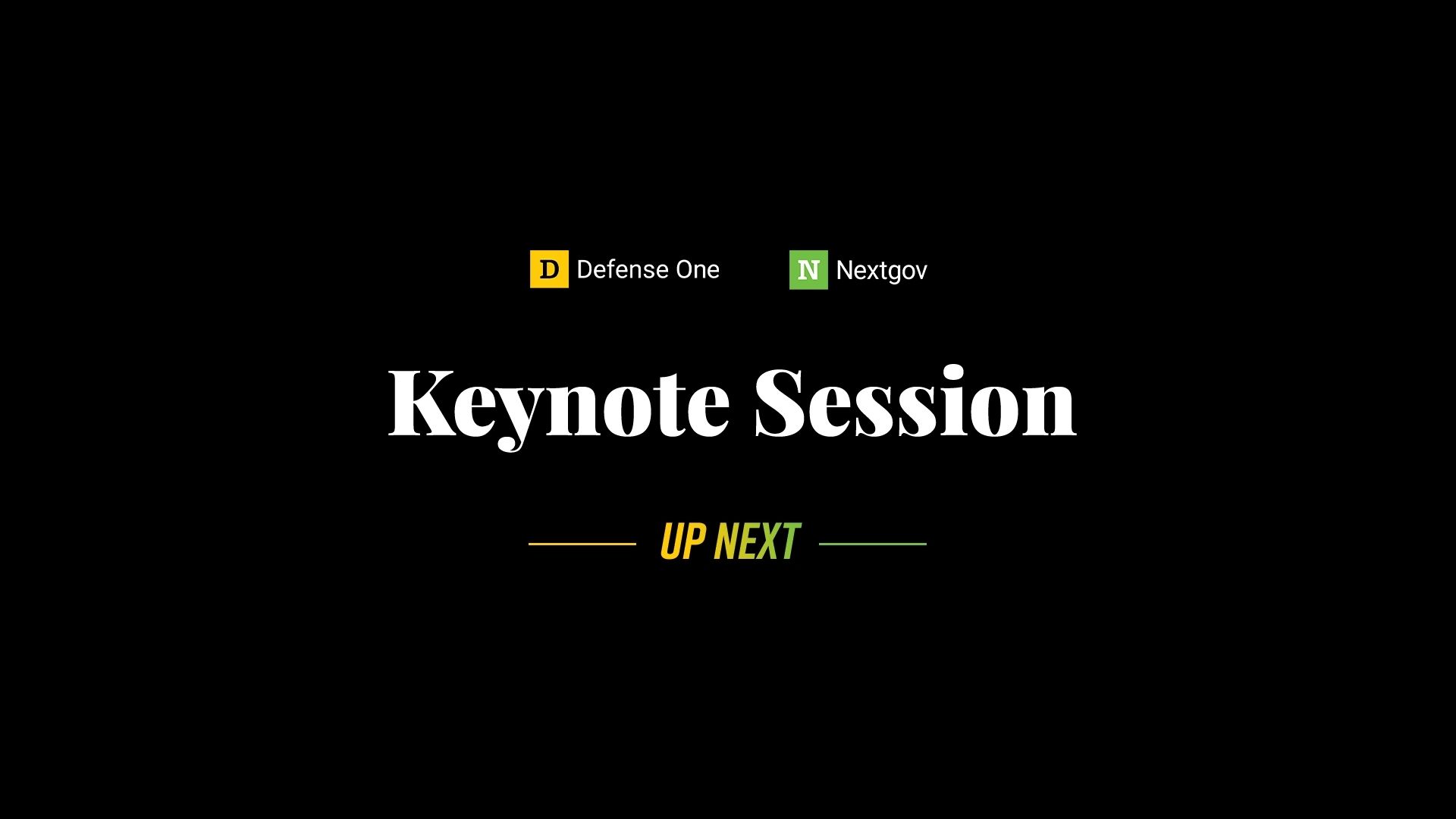
Keynote Session
Recent technological breakthroughs have led intelligence organizations to challenge the accepted truths that have historically shaped their operations. During this keynote speech, we will hear from an IC leader on how the compartmentalized, industrial structure of these organizations is changing by integrating new technologies into traditional intelligence work.
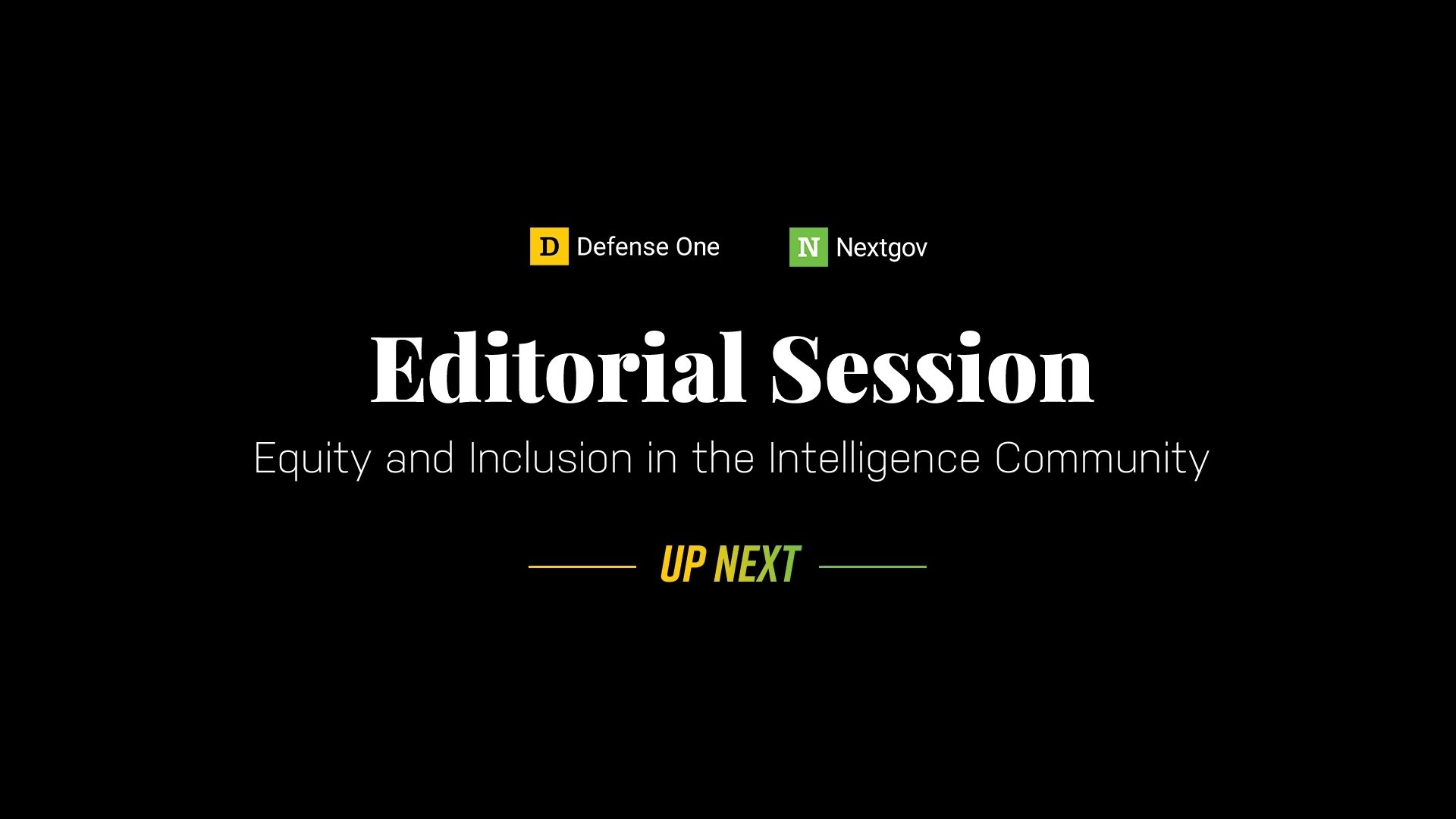
Equity and Inclusion in the Intelligence Community
Having a diverse workforce is beneficial to any business or organization. But for intelligence entities, diversity is not simply a benefit – it is a necessity. To remain effective in producing high-quality intelligence, the Intelligence Community (IC) must understand and properly evaluate the dynamic environment in which the US operates. This requires building and leveraging teams of experts from socially and culturally diverse backgrounds. During this session, you'll hear from leaders about the equity and inclusion initiatives taking place across the IC. They'll explain how they’re imposing changes to ensure that all voices are present at the table and that all employees have fair opportunities for success and advancement.
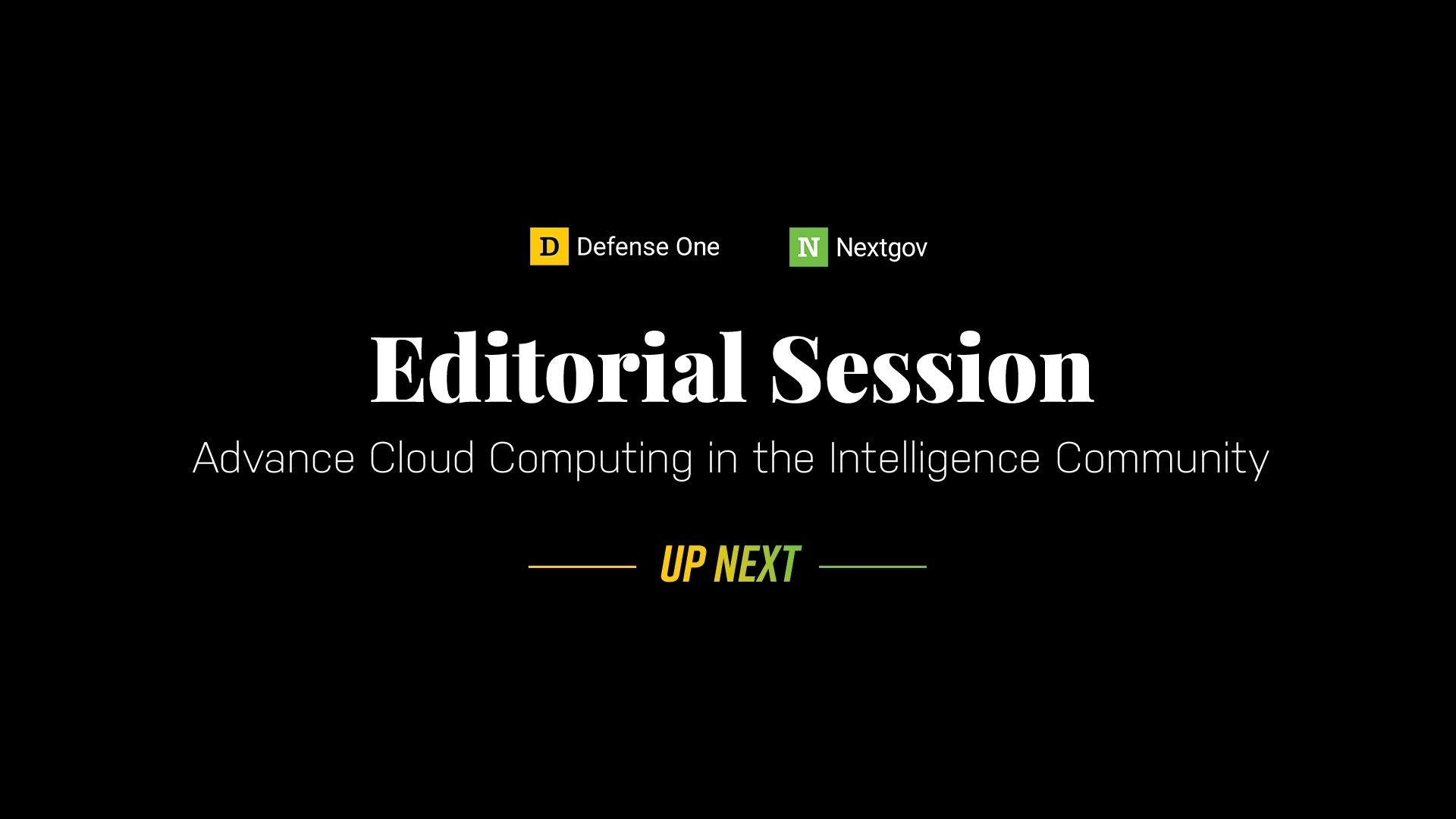
Advance Cloud Computing in the Intelligence Community
The Intelligence Community (IC) has entered the modern age of warfighting, where the battlefield exists as much in the digital world as in the physical. Data and the ability to process data at the ready are critical to mission success. As such, the cloud is an essential part of maintaining the U.S. military’s technological advantage. Initially, the goal of the IC was simply to get data into the cloud; now, cloud efforts must keep pace with the evolving science and technology landscape. During this conversation, we’ll discuss the importance of the cloud for mission success, as well as how future cloud partnerships will accelerate the modernization and digital transformation initiatives of the intelligence community.

Cloud Computing at the Edge: Supporting the National Security Community
A Session Presented by Underwriter AWS
The IC and DoD’s mission is conducted by intelligence officials and warfighters all over the world who need low-latency capabilities in sometimes disconnected environments. Join AWS’s VP of Engineering, Bill Vass, to learn how Edge computing can help the IC and DoD collect and process data to make sense of information where and when they need it. Bill will share more about recent advances in Edge technologies that are portable, rugged, and secure and describe how Edge can help the IC and DoD can apply commercial innovations such as AI/ML to their unique use cases.
Underwritten by:

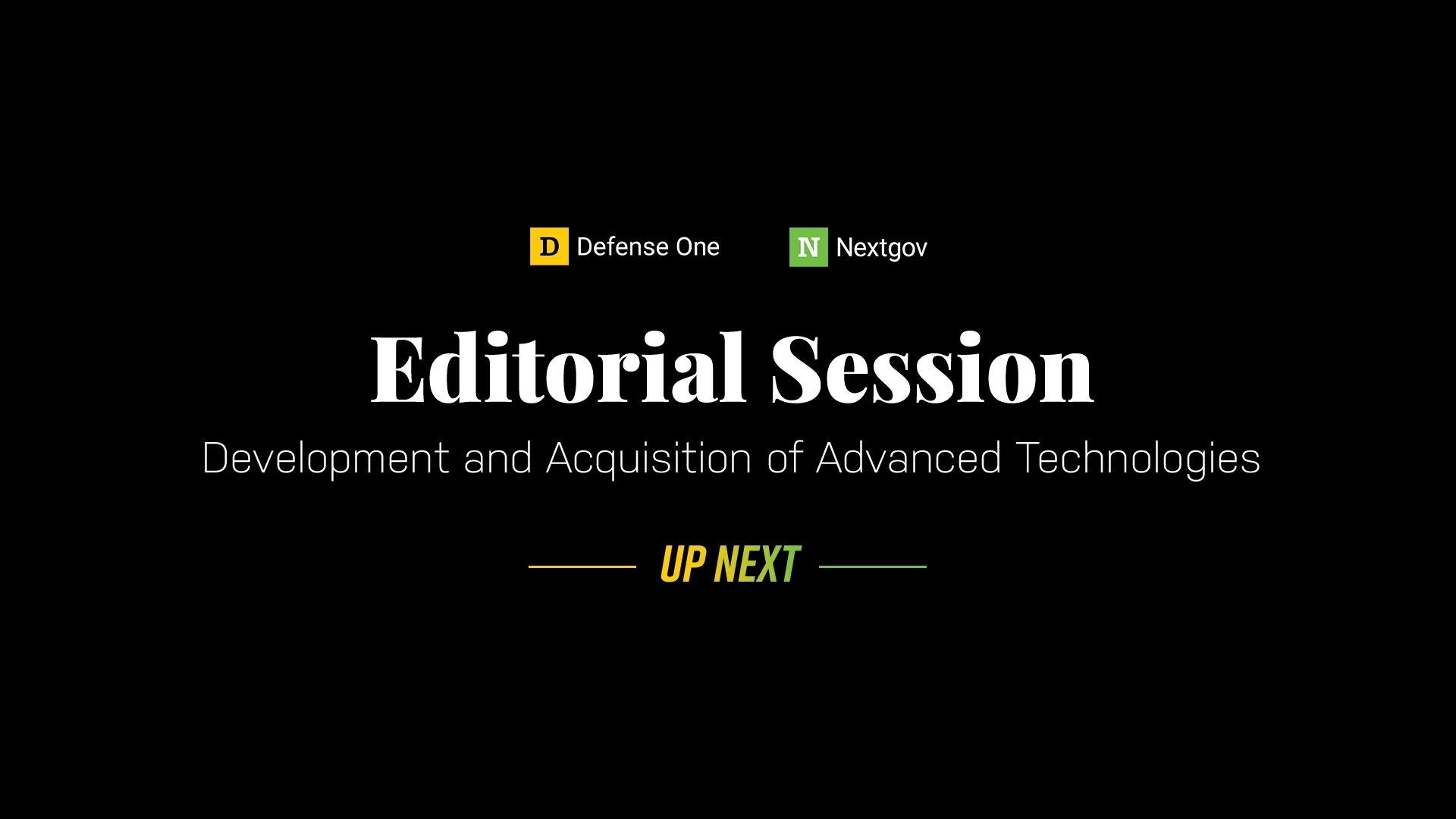
Development and Acquisition of Advanced Technologies
The challenge of rapidly developing and deploying advanced technologies to meet the needs of warfighters and intelligence officers has plagued the national security community for decades. The problem has been exacerbated in recent years by attempts to implement quick fixes that condensed the timetable for access to technology from 'non-traditional' sources. However, these fixes have done little to tackle the larger problem. During this session, experts will provide insight on the development and acquisition of advanced technologies. They'll touch on the challenges that must be addressed, the lessons learned from their successes, and recommendations for specific actions necessary to improve the capabilities of our warfighters and intelligence officers.
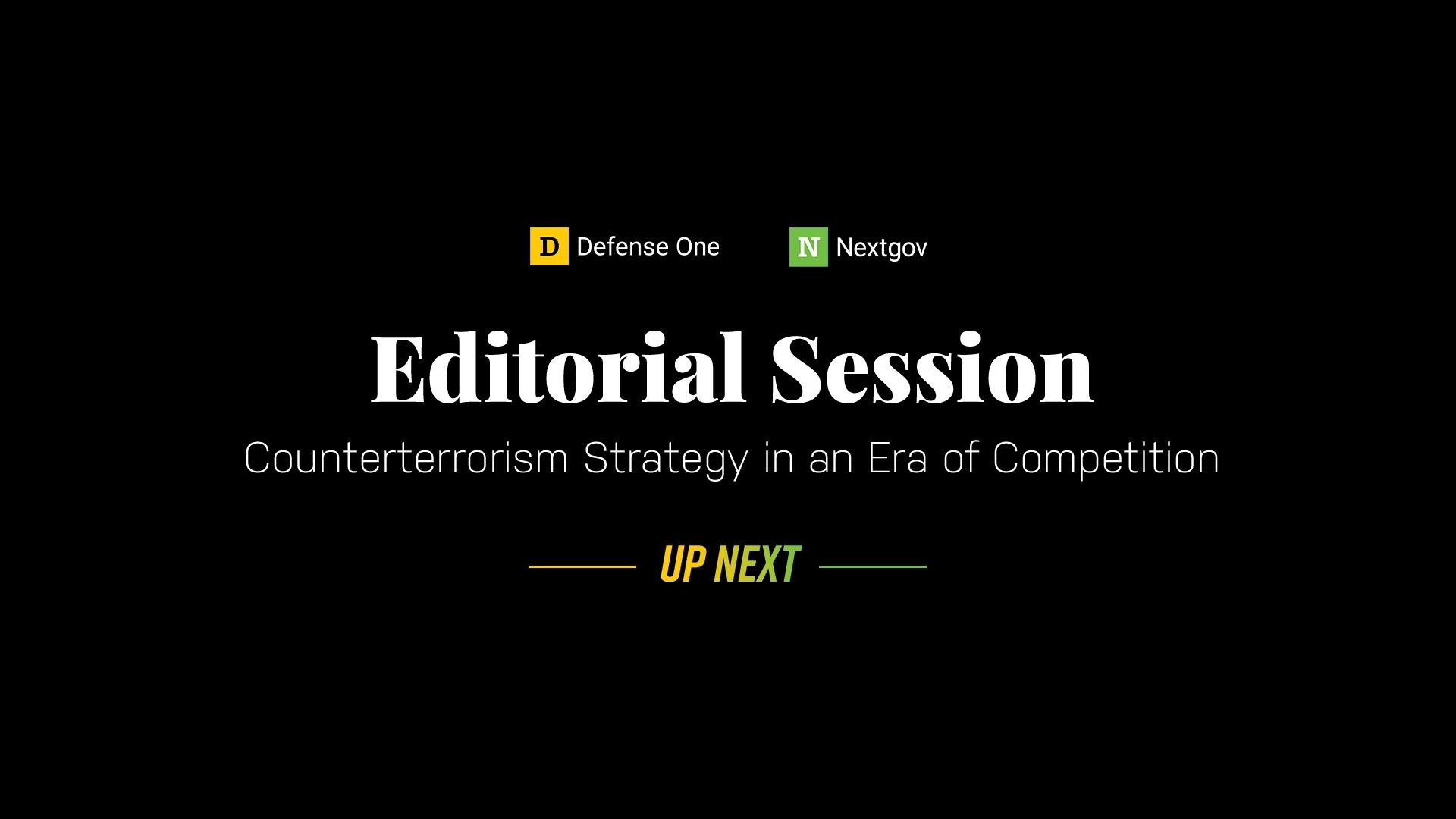
Counterterrorism Strategy in an Era of Competition
In this session, experts will look at how counterterrorism capabilities honed over the past two decades can contribute to future competition with Russia and China. They’ll address U.S. efforts to engage regional and global allies, intelligence priorities, and partnerships to develop advanced technologies with national security applications.

Climate Impacts on Global Power Competition
Defense and intelligence officials agree that climate change is a threat to our national security. As such, leaders must know how climate change affects other nations, how they will deal with the impacts, and how this could change the geopolitics and power balance around the world. This leads to the question: What does it mean if the Department of Defense (DoD) takes a posture that focuses on the strategic impact of climate change? During this session, we’ll examine climate change from a security perspective, discuss the role of the intelligence community in monitoring and mitigating the threats posed by climate change, and explore new ways of thinking about international intelligence cooperation.

